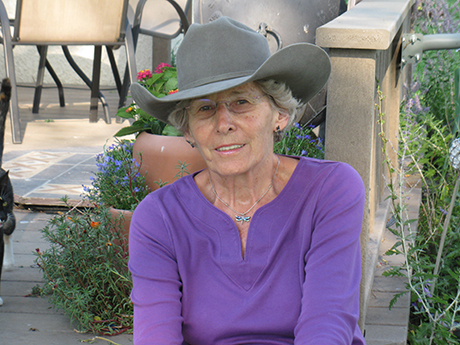We’ve been visiting family and neighbors. The people who keep up the cemetery at Seneca make sure there are flowers on every grave and crosses on those of veterans. Volunteers hang the flags. Some of my cousins make the trip from Oklahoma and Kansas, and we meet there on Memorial weekend to reminisce, laugh, tell the old stories, and wonder if anyone will remember those stories when we are gone. Most of the neighbors whose families helped raise us lie in that cemetery. Their descendants live far away so I always greet their parents along with my own.
We stopped by Whitman on the way home. Some of Bruce’s family are buried there. I’d forgotten how high that spot is; the view extends for miles in all directions.
Too often, we take for granted the volunteers in these small villages who quietly donate time and funds to be sure that Memorial Day visitors know their ancestors are being honored. One of my sons and his wife care for the cemetery at Purdum, where the population isn’t even double digits.
When my cousins and I were small, our grandmother referred to this holiday as Decoration Day, and most of the flowers were picked from gardens and placed in Mason jars weighted with stones to keep them upright in the wind. I don’t guess we had much notion of what was happening, but we knew the adults spoke solemnly about the people whose markers held those fresh bouquets.
This year the holiday has a deeper meaning for me. Someone who was dear to our family recently died after years of separation, and circumstances resulting from a lifetime of poor choices. We all grieve in individual ways and ask questions of ourselves, and God, about the reasons some people seem compelled to follow a path of self-destruction, but of course there are no answers that make sense.
I’m coping by reliving the memories of this person as a cute and funny toddler, and the young teen for whom we had such high hopes. But there’s a lesson for me here. When the newscasts show homeless encampments, I now realize that each of those people have someone who grieves and prays for them. Some who live on the streets, or under bridges, are veterans who will likely never have a white cross by their graves. Some of their bodies will go unclaimed because their families have no idea whether they are living or deceased.
I have no good answers, and neither do any of our leaders, but stop with the wailing and gnashing of teeth, and the “ain’t it awful,” and do some small thing to help. Be a volunteer at the soup kitchen. Give away one of your warm coats. And most importantly, pray for the tortured souls and the families they chose to leave behind.

